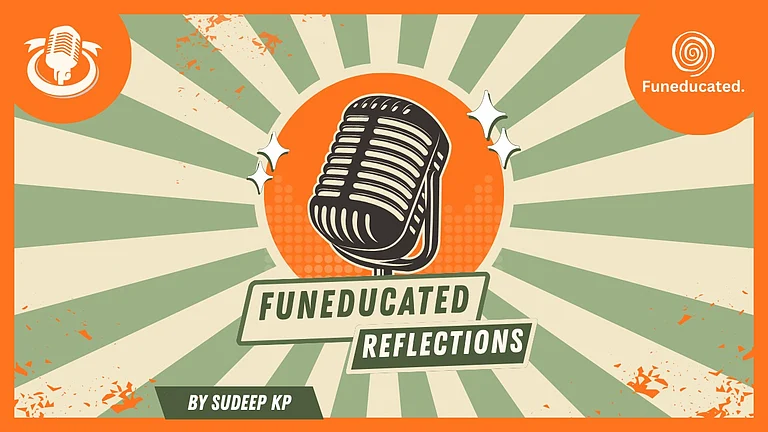If completed, the dam will be the sixth highest in the world at 260 metres and its waters will impound much of the Bhagirathi Valley. White-bearded and soft-spoken, but with a fanatical glint in his eyes, Bahuguna looks every inch a prophet pitting his emaciated body against the most monumental totem of modern civilisation. When to this symbolism is added his penchant to undertake lengthy fasts (he allows himself bael juice), the government is forced reluctantly to take note.
Bahuguna's gift for high drama impelled three prime ministers in succession to write personal letters requesting him to stop fasting in return for examining his demands. He was unhappy when the assurances given by Narasimha Rao and Deve Gowda weren't honoured, and revived his campaign. He initially rejected I.K. Gujral's November 13 letter as it did not promise to suspend ancillary work on the dam. A delegation consisting of the power minister, environment minister and deputy chairman of the Planning Commission was sent to the kutia with additional assurances before he was persuaded to end his two-month-long fast.
Official statements, however, suggest that the respite is only to end the fast; work on the dam would continue. If so, another act in the confrontation between kutia and dam is likely. Bahuguna's opposition goes beyond the nightmare scenario of the dam bursting after an earthquake and the water sweeping away everything to Hardwar and beyond. He draws on environmental, cultural and religious concerns: the Bhagirathi becomes the Ganga in the plains. Rampant corruption provides another issue.
The latest expert committee report on the Tehri dam last October suggests that Bahuguna's objections are not all that fanciful. It recommends that the government appoint a committee to inquire into widespread complaints of corruption. It contains a note appended by Ramswamy Iyer, a recognised authority on dam projects from the Centre of Policy Research. Urging a re-examination of the project's basic assumptions, he virtually echoes Bahuguna: "In the light of such a thoroughgoing examination, will it be desirable to proceed with the project, or even at this late state would it be better to stop work and explore alternatives?"
























